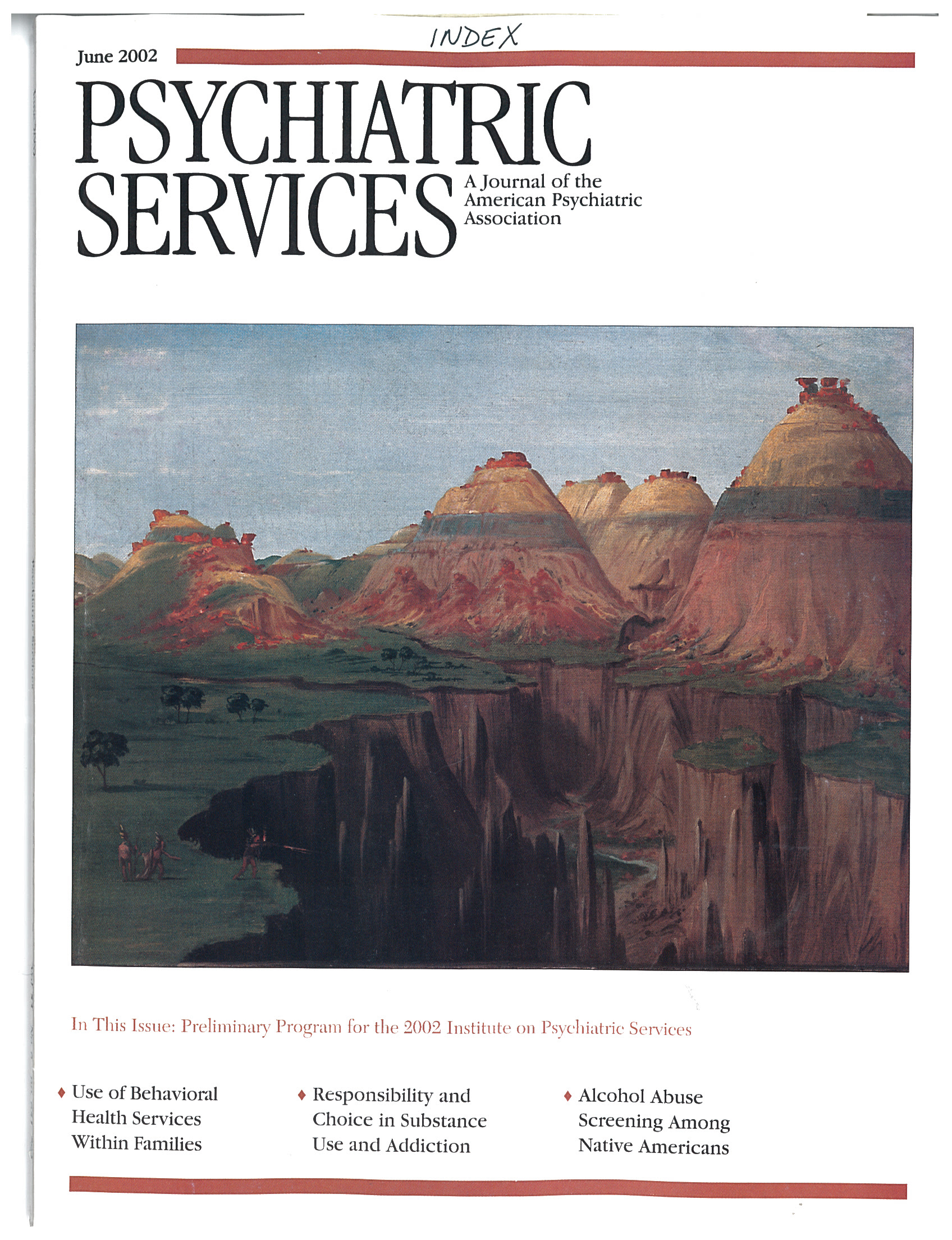An Exploratory Study of What Clients Like Least About Assertive Community Treatment
Abstract
As part of a larger interview, clients of assertive community treatment programs answered an open-ended question about what they liked least about assertive community treatment. Of 182 clients, 44 percent reported that they disliked nothing; 21 percent said that they disliked features that are considered specific to assertive community treatment, such as home visits, or that have been criticized in the literature, such as intrusiveness; 16 percent said that they were dissatisfied with underimplementation of elements thought to characterize assertive community treatment, such as frequency of visits; and 19 percent said that they were dissatisfied with general aspects of mental health service delivery, such as an inconvenient office location. Compared with clients of programs with low levels of fidelity to assertive community treatment, clients of high-fidelity programs had fewer complaints overall and fewer complaints about features considered to be specific to assertive community treatment.



